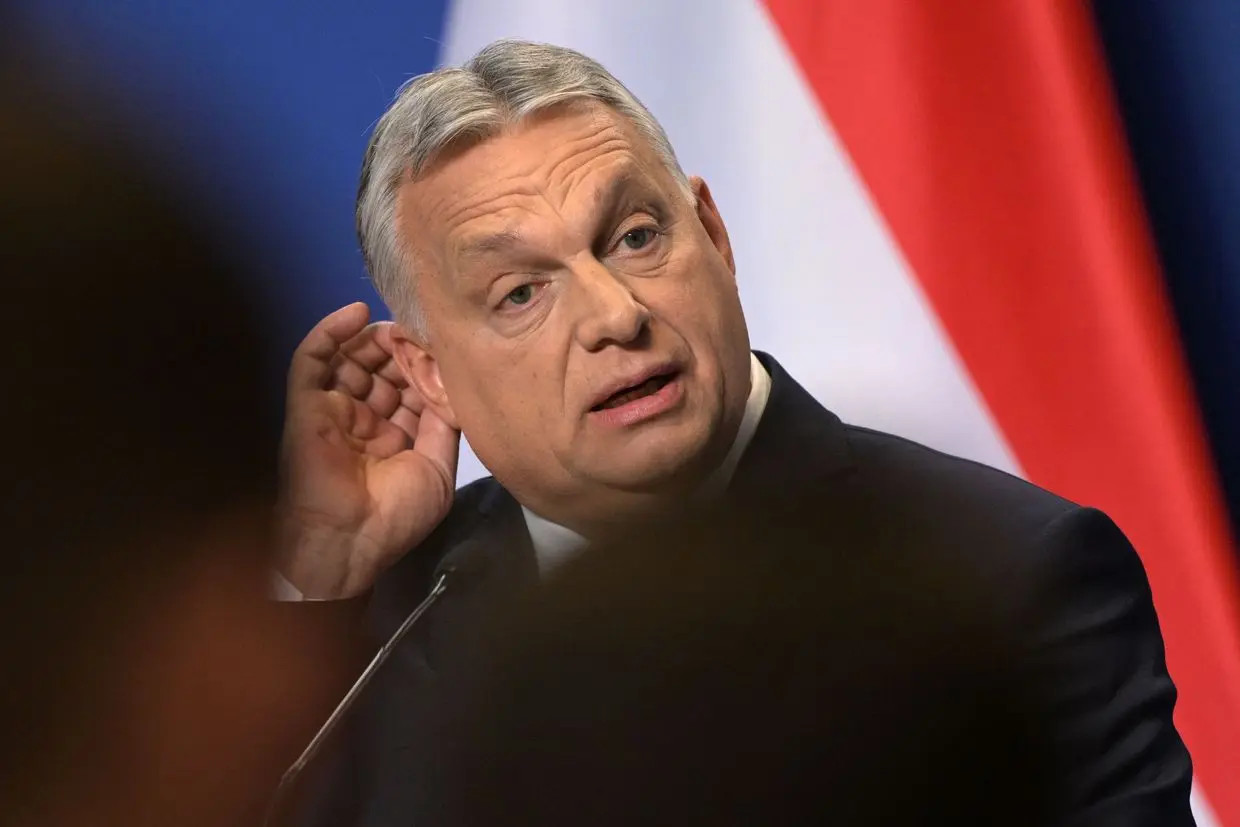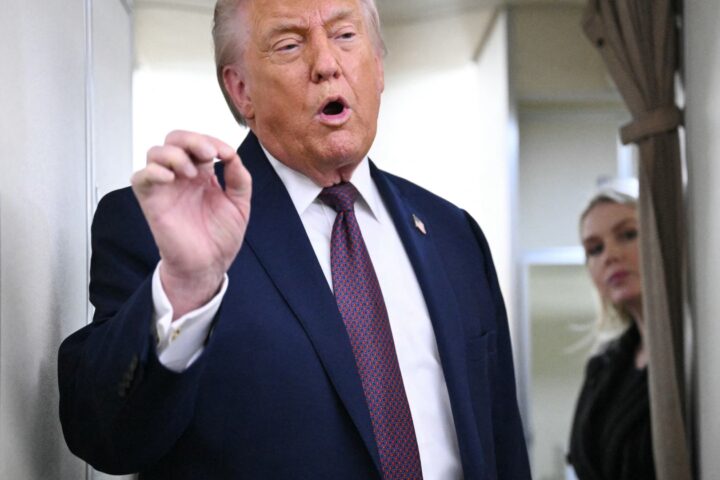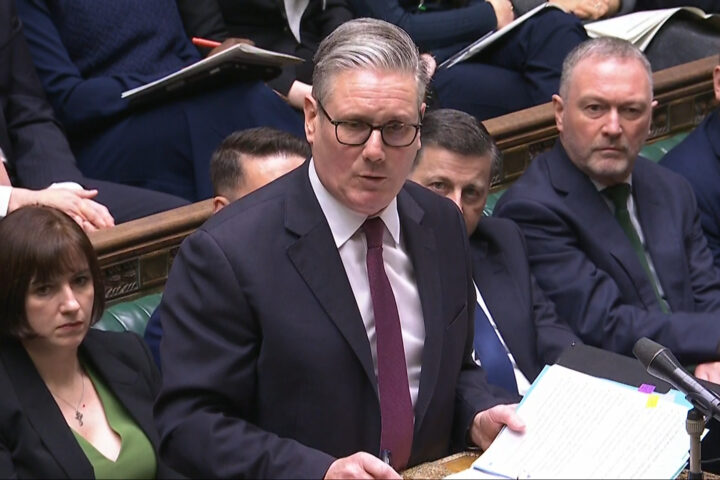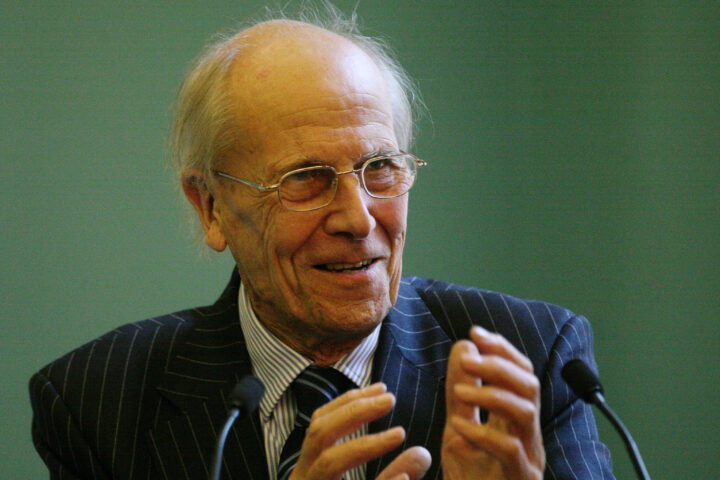Hungarian Prime Minister Viktor Orban, long seen as a defender of Moscow within the European Union, was caught off guard as Russian drones crossed into Polish airspace, forcing a coordinated NATO response. The incursion has underscored the risks for Europe as Russian military pressure expands beyond Ukraine.
NATO fighters scrambled after drone incursions
Four Shahed drones entered Poland, prompting Warsaw to scramble F-16 jets and the Netherlands to deploy F-35 fighters. Russia simultaneously sent four missile carriers to sea and kept nine strategic bombers airborne. Romania, Slovakia and Hungary were also compelled to raise their air forces, highlighting the widening threat across the alliance’s eastern flank.
Orban’s pro-Russia stance under strain
For years, Orban has resisted tough measures against Moscow and positioned himself as one of Russia’s few allies in Europe. But the sight of Russian drones probing NATO defenses has placed Budapest in an uncomfortable position. Even those leaders most inclined to justify Moscow’s actions now face the same uncertainty as their allies on the front line.
Security of Europe tied to Ukraine’s defense
The latest escalation has reinforced calls for a united European stance on regional security. Analysts warn that if Russian drones can reach Polish skies today, they could appear tomorrow over Budapest. The incident has served as a stark reminder that Europe’s collective security is inseparable from the defense of Ukraine, as Kremlin pressure spares no country within NATO’s borders.















